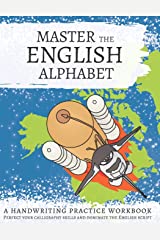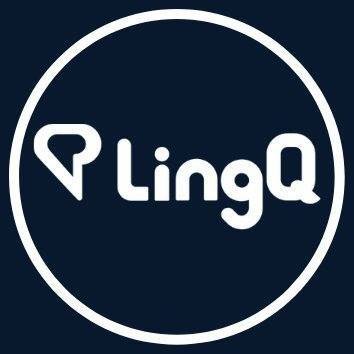Lang Workbooks Mini Review: Thorough Writing Practice
Lang Workbooks
Summary
For learners of languages that use unfamiliar writing systems, the Lang Workbooks series can be a helpful and practical way to master the intricacies of writing in their target languages. Among numerous other writing systems, the series includes the Korean, Russian Cyrillic, and Armenian alphabets; Persian and Thai script; the Hindi Devanāgarī abugida; Chinese characters; and Japanese Hiragana and Katakana. The series also covers languages that use the Latin alphabet with diacritical (accent) marks, such as French, German, and Portuguese. Many books in the series have been translated into other languages, such as Italian, French, German, Spanish, and Portuguese. The series also covers writing systems that may have fewer available resources for learners, such as Lao script and the Cherokee syllabary. Each book in the series presents its featured writing system with suggested pronunciations. The practice pages in each workbook have useful features for each letter, symbol, or character, such as a recommended stroke order, font variations, example words, and a “Trace and Learn” section. Each workbook is relatively inexpensive. In addition, the publishers of the series have granted teachers and students a license to make photocopies of the workbook pages for personal use, so you can get unlimited chances to practice. Considering the depth of information in each language’s workbook, the books in this series can provide great value for learners.
Lang Workbooks Mini Review: Thorough Writing Practice Read More »











